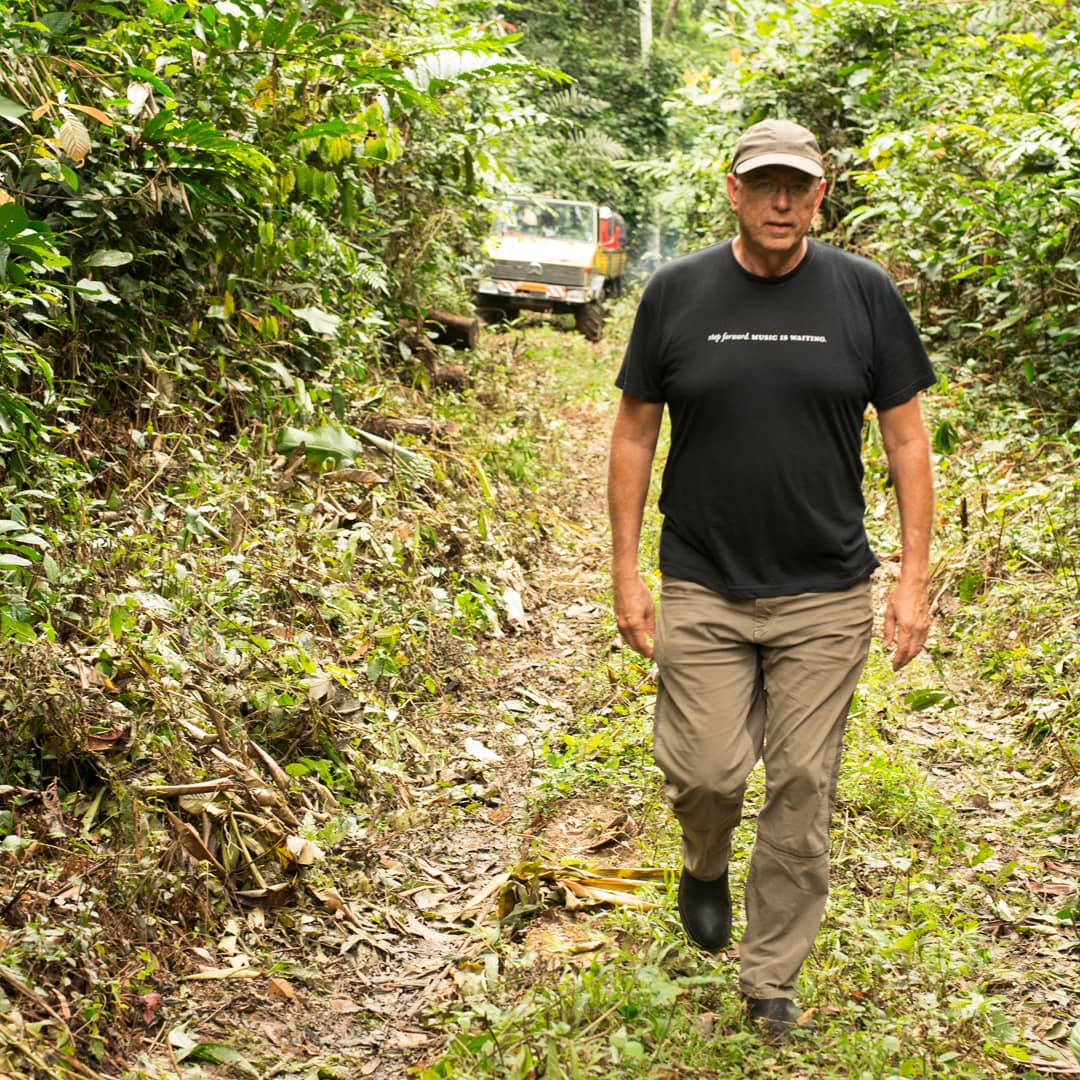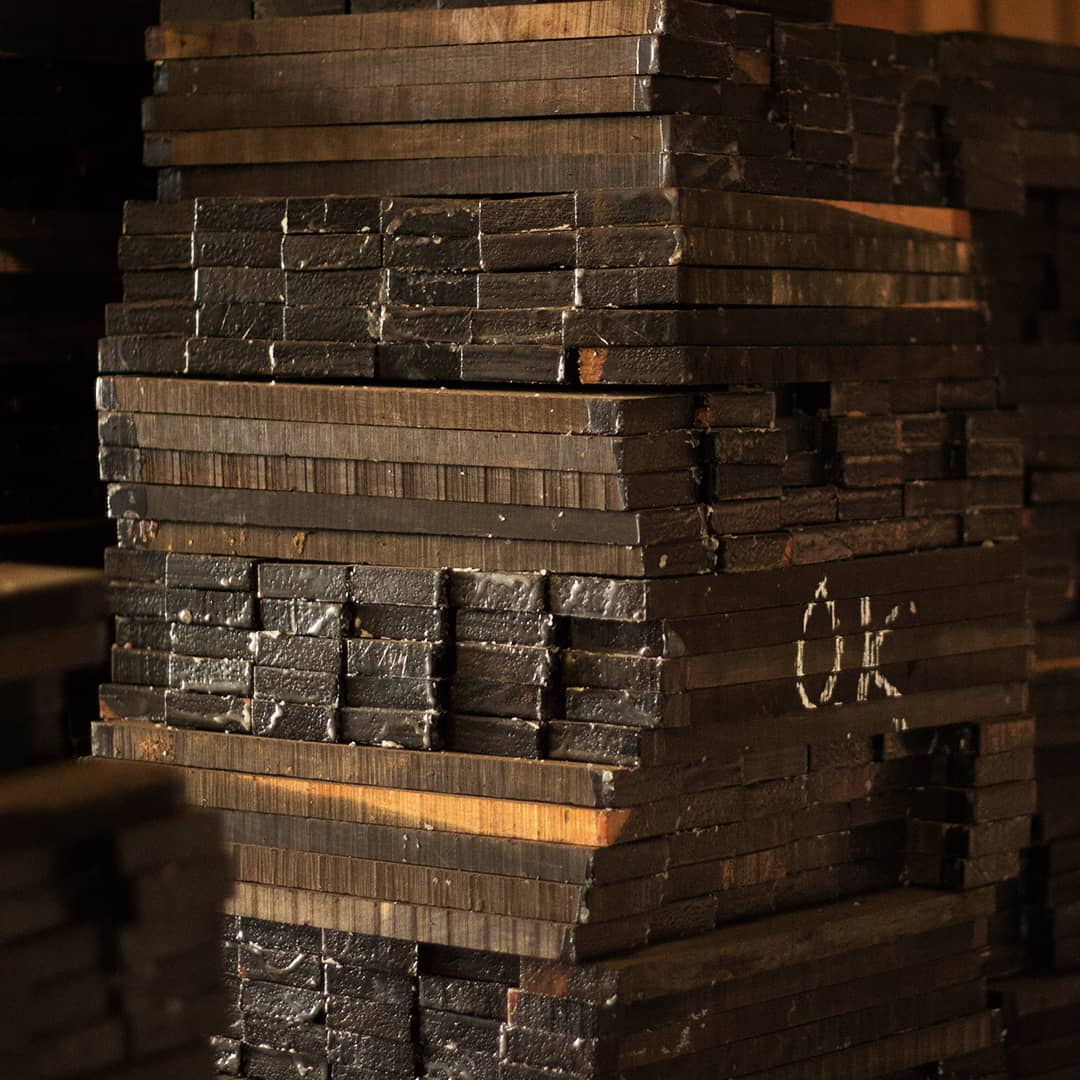Many of the woods traditionally chosen to make acoustic guitars — ebony, mahogany and rosewood, for example — come from tropical regions of the world, often in developing countries. More than ever before, those forests are at risk due to a range of factors, including rising global consumption patterns, land conversion for large farms and plantations to feed export markets, and too often, a lack of good governance.
As Taylor Guitars has evolved into an industry-leading guitar company over the past four-plus decades, we have traveled the world to learn more about the realities of sourcing wood, from different forest management practices to the communities that rely on forest resources for their livelihood. As a company that uses forest resources, we understand our responsibility to be a good steward, a good partner to our suppliers, and to operate in a transparent, legal and ethical way. As a result, we are striving to become more directly involved in the sourcing of many of the tonewoods we use.

